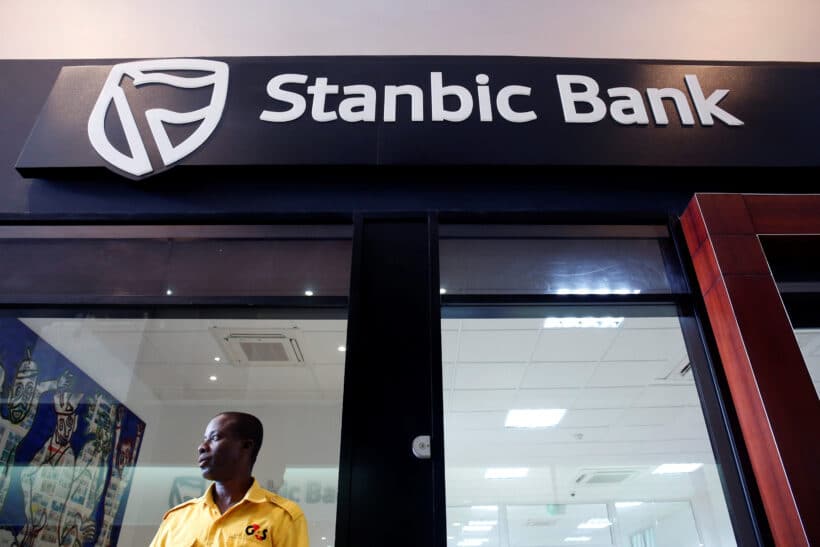
NAIROBI, Oct 3 (Reuters) – Kenya’s private sector saw a slight deterioration in business conditions in September as output and new orders contracted again, reversing the brief recovery seen in August, Stanbic Bank reported on Thursday.
The Stanbic Bank Kenya Purchasing Managers’ Index (PMI) fell to 49.7 in September from 50.6 in August, dropping below the 50.0 threshold that separates growth from contraction and marking the third decline in four months.
“Business conditions contracted slightly in September, implying that the pickup in August was due to some recovery after the disruptions caused by protests earlier this year,” said Christopher Legilisho, Economist at Stanbic Bank.
The survey highlighted that economic challenges for both businesses and households led to reduced sales and a fresh drop in activity. However, the slowdown helped cut input price inflation, resulting in only a marginal rise in output prices.
Despite the overall decline, some sectors showed improvement, with manufacturing and construction firms reporting higher sales. However, agriculture, wholesale & retail, and services sectors experienced declines.
Employment levels were stable, with the employment subindex at the 50.0 no-change mark. Firms reported little need to hire new staff or replace voluntary leavers due to slowing production capacity.
Input price inflation softened, leading to the weakest rise in business expenses in four months. The marginal increase in input costs resulted in a similarly mild jump in prices charged to customers.
Business expectations for the coming year remained subdued, with only 4% of survey respondents expecting an upturn.
“Business expectations for the coming year remain at their weakest levels in a decade due to the economic headwinds of this year,” Legilisho added.
The survey also noted that stable exchange rates and fuel prices over the past two months contributed to the moderation in cost pressures, with inflation expected to remain muted at around 4-4.5%.
(Reporting by Nairobi bureau; Editing by Hugh Lawson)

